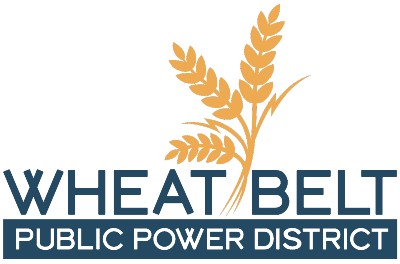Net metering in Nebraska is a billing arrangement that promotes the adoption of renewable energy sources. It allows customers with solar panels, wind turbines, or other distributed energy resources to receive credits for surplus electricity they generate and feed back into the grid.
Eligibility and System Size
Both residential and commercial customers investing in renewable energy systems are eligible for net metering. System size limits vary, usually ranging from 5 to 25 kilowatts for residential and higher for commercial customers. Nebraska requires the size of the generator to match the load it serves.
Credit and Roll-Over
Customers receive credits at the wholesale rate for excess electricity supplied to the grid. Wheat Belt applies any surplus credits back to the customer’s account on a monthly basis.
Impact on Renewable Energy Adoption
Net metering has been instrumental in encouraging the use of renewable energy sources in Nebraska. By offsetting costs and incentivizing investment, it contributes to a greener and more sustainable energy landscape.
Engineering Requirements
There are sometimes engineering limitations on the grid that would prevent a renewable energy source from connecting at a specific location on Wheat Belt’s system. Customers that are interested in or researching renewable energy are encouraged to contact Wheat Belt (or your power supplier) before purchasing a system to verify eligibility or just to learn more about the benefits of net metering.
Wheat Belt’s Current Net Metering Status
Currently, Wheat Belt has 22 customer owned renewable energy generators interconnected to their power grid. In 2022, there was a potential of 302 KW total generation available from those systems and collectively, they produced 455,380 kilowatt hours. Of that 455,380 kilowatt hours, 55,509 kWh was surplus that Wheat Belt credited back.
Net metering empowers consumers to participate actively in Nebraska's renewable energy transformation, supporting the state's commitment to sustainability and environmental conservation. As technology advances, net metering will continue to play a vital role in Nebraska's and Wheat Belt PPD's journeys towards a cleaner energy future.
